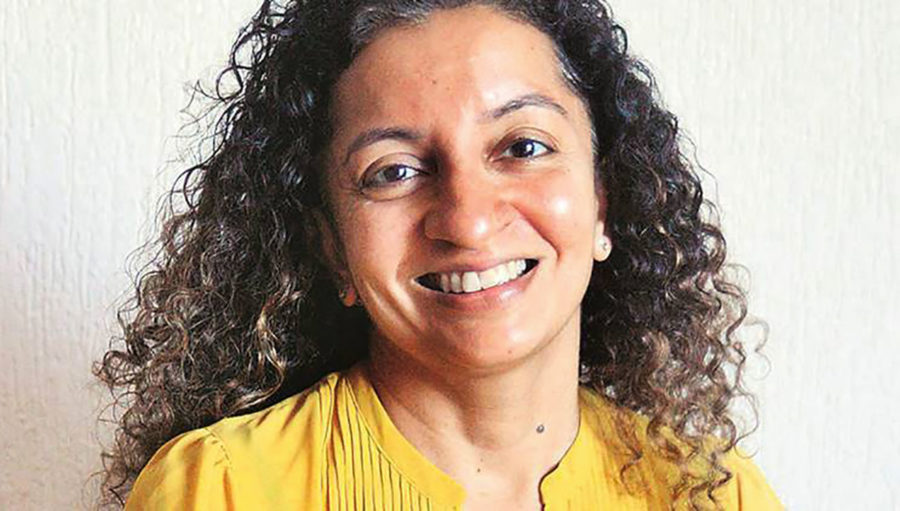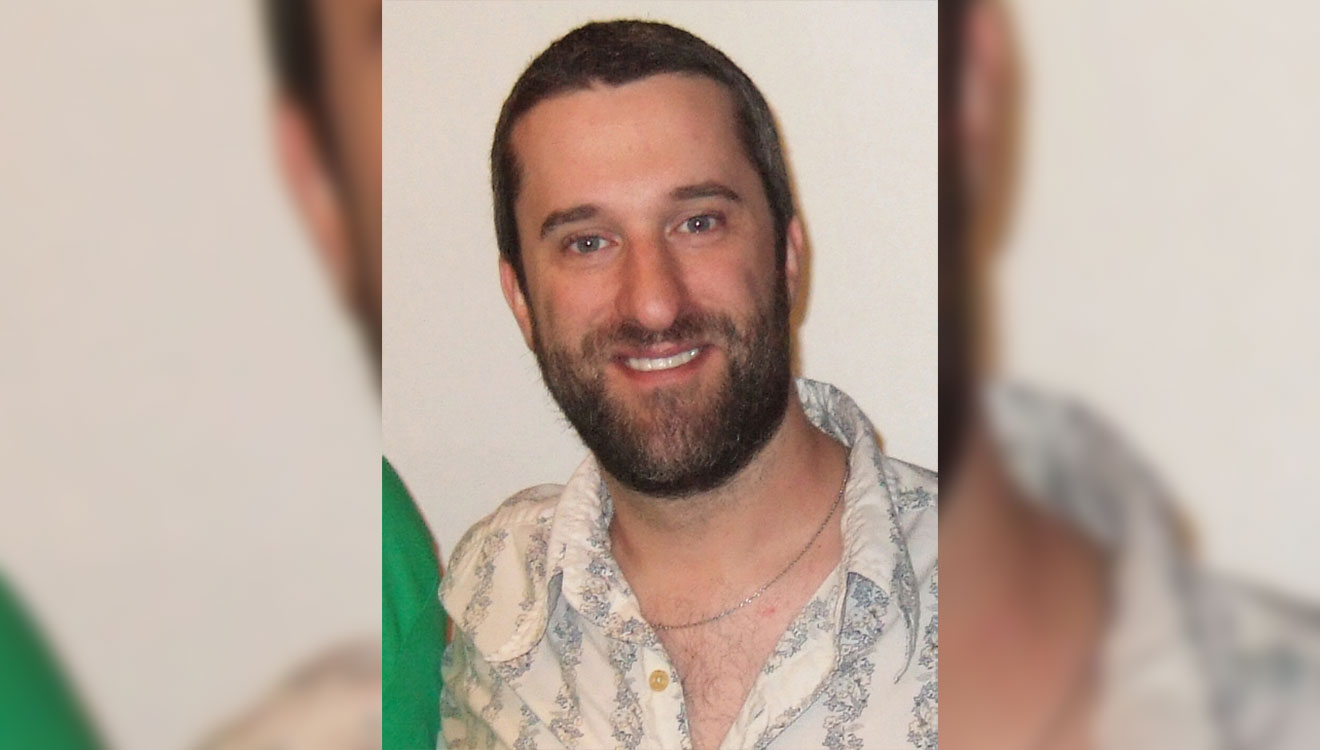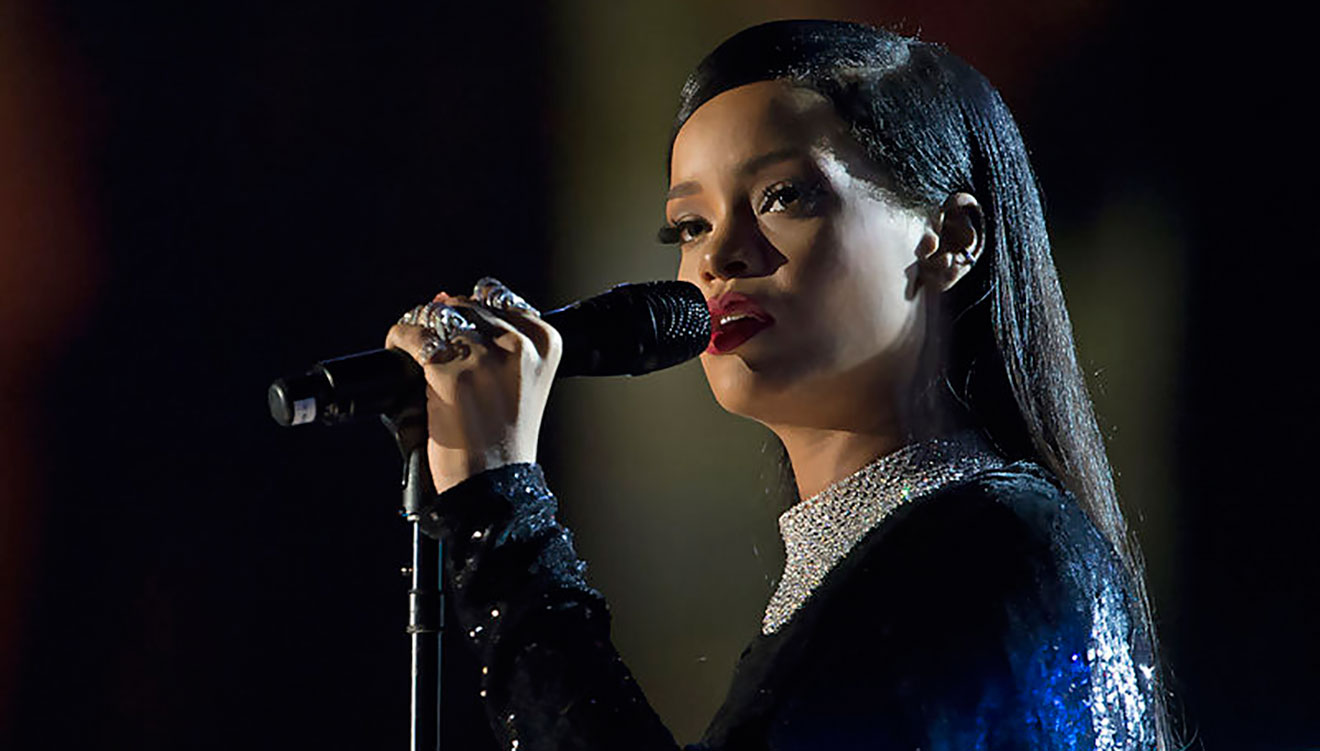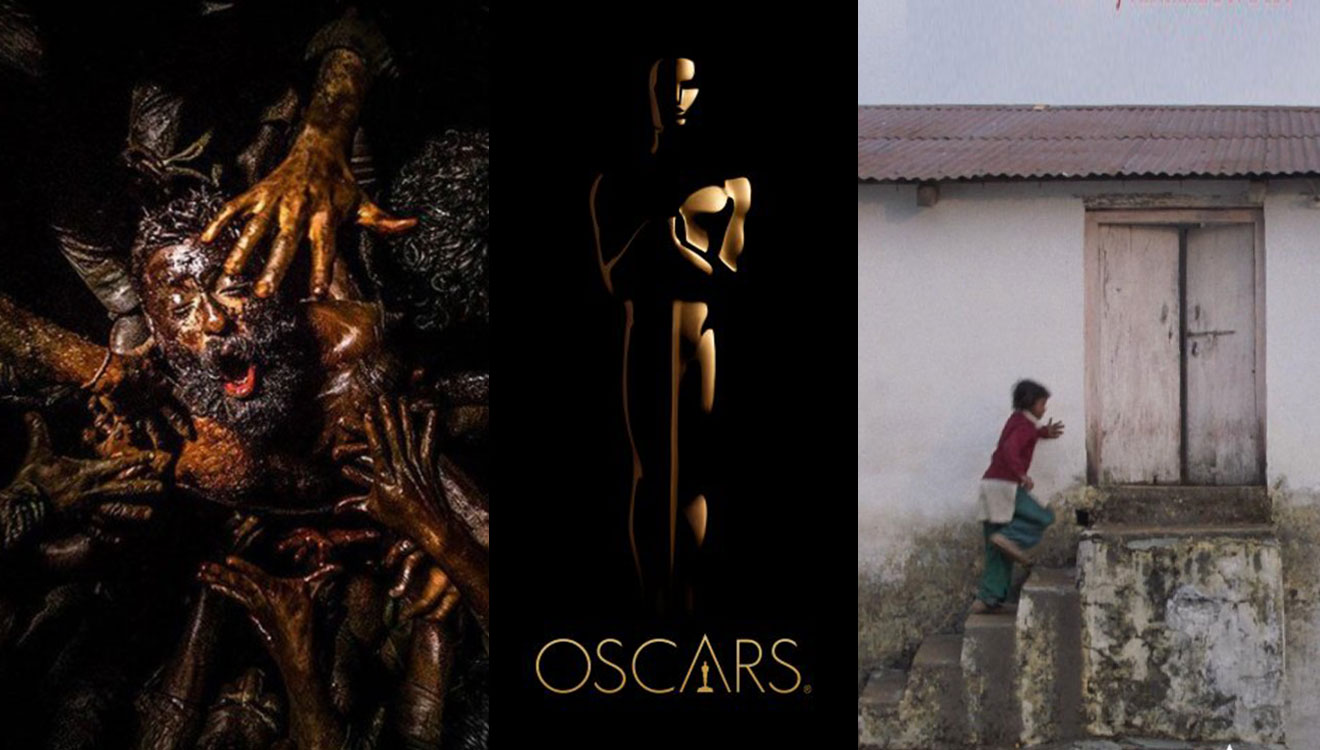Priya Ramani, journalist, has said that speaking out against former Union Minister MJ Akbar was not defamation, but an “act of extreme courage” that should be celebrated. She was speaking at a hearing on the defamation case filed against her by Akbar on Monday, Bar and Bench reported.
In 2018, in the heyday of the #MeToo movement, Ramani had accused MJ Akbar, the then External Affairs Minister, of sexual misconduct against her in 1993. Akbar subsequently resigned from the Union Council of Ministers and filed a criminal case of defamation against Ramani. Akbar has since been denying the charges at court hearings, stating that he doesn’t remember the alleged incident.
On Monday, advocate Rebeca John presented Ramani’s case before the Additional Chief Metropolitan Magistrate, Ravindra Kumar Pandey. The hearing began with a summation of Ramani’s submission at her last hearing, on December 2, during which she had said, “It is my truth, made in public interest and good faith.”
John argued that Akbar’s case was based on the claim that his “impeccable reputation” had been harmed by Ramani’s disclosure of the alleged sexual harassment incident.
During the cross-examination, John referred to a Firstpost article in which “several women [had made] sexual harassment allegations against [Akbar],” an article by Pallavi Gogoi in the Washington Post (“As a young journalist in India, I was raped by M.J. Akbar. Here is my story”) and Ghazala Wahab’s article in The Wire (“M.J. Akbar, Minister and Former Editor, Sexually Harassed and Molested Me”), along with allegations from 15 other women.
John read out statements from Wahab’s testimony in the court in which she narrates how she was sexually harassed while working as a reporter under Akbar at The Asian Age. Wahab had said that she spoke out about the incidents of harassment through Twitter on October 6, 2018.
Thus, argued John, Ramani’s tweet was not the first tweet on the subject.
Wahab had also said she was not seeking legal action against Akbar, and that she she felt that “#MeToo gave a platform to women to unburden themselves.” Wahab had said she was unable to register a complaint at that time, as the 1997 workplace had no anti-sexual harassment mechanism in place. John cited this as the context of Wahab’s statement to the court and said that “[Wahab’s statement] came only after the 2013 Act. Vishakha guidelines were there but Act came only after Nirbhaya. Compliance came only after 2015-16. Section 357A IPC also came in 2013.”
“#MeToo came to India in 2018. It wasn’t a crime to speak up on #MeToo platform,” said John.
Recommended
With Wahab’s testimony, John argued that there was a pattern in Akbar’s behaviour and that Ramani’s story is “direct evidence” of it, and is “central to the case” of sexual harassment against him.
John thus said that her client had proved that Akbar’s reputation was not impeccable as he had alleged.
John went on to ask the court, “Does it mean that all 15 women were petty liars?” And further, “Did everyone lose their mind in October 2018? Mr Akbar started his defamation campaign only against Ramani. When you isolate, are you singling out someone and why?”
After the cross-examination, John said, “Reputation is central to their case and I’ve disputed it. I’ve established my truth.”
The Delhi court has said the case will next be heard on December 18.



